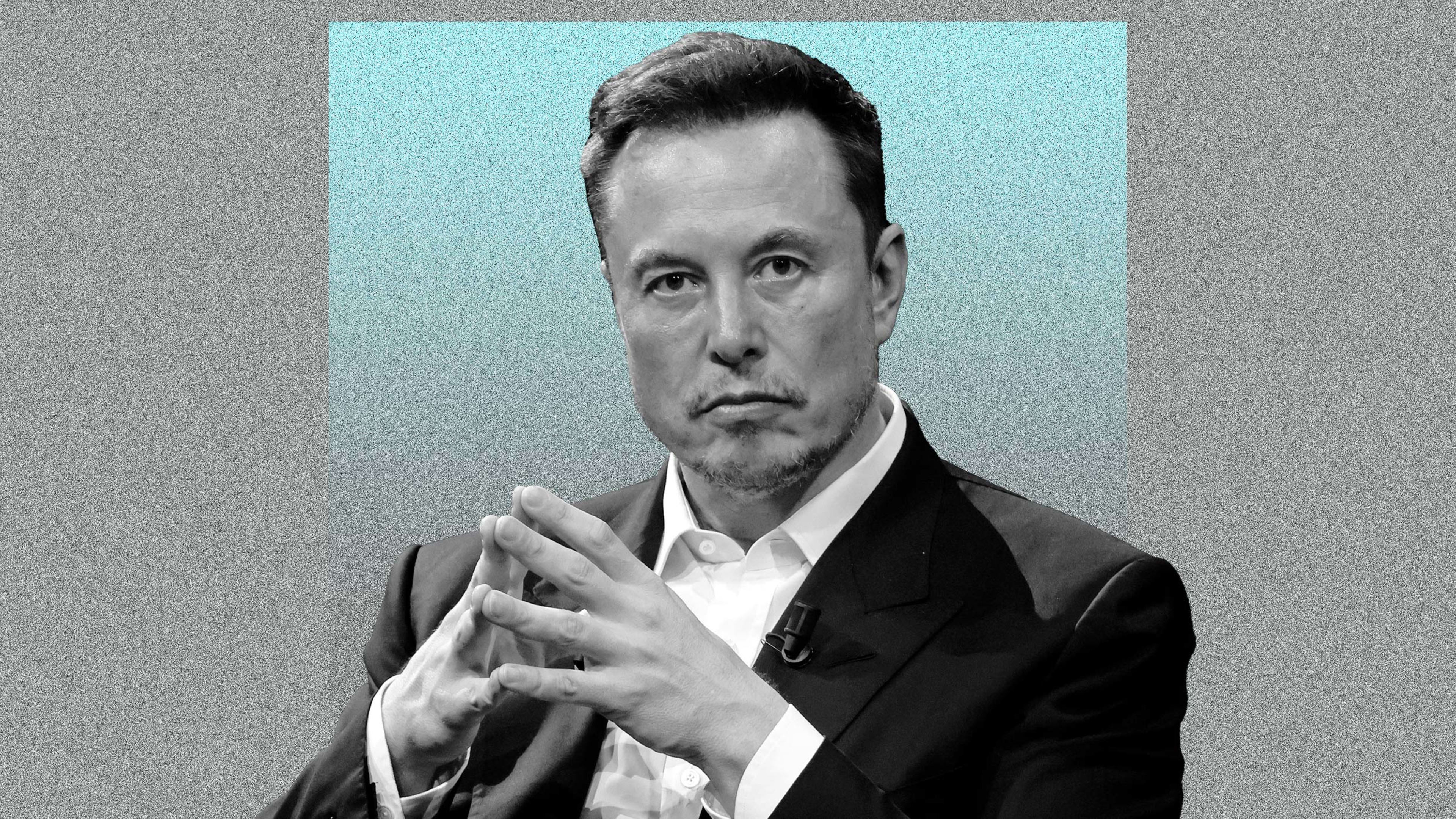It’s been one of the longest-trailed and most highly anticipated nonfiction books of the year.
For weeks, excerpts from Walter Isaacson’s 600-page biography of Elon Musk (titled, appropriately, Elon Musk) have been released to the public, revealing insights into everything from how Musk foiled Ukraine’s attempts to attack Russia to why he literally pulled the plug on data centers hosting key Twitter infrastructure. But the 600-page book has plenty more to offer on arguably our most confounding billionaire.
Below, nine revelations from the book, which was finally published today.
1. Ben San Souci likely saved many people’s jobs
Shortly after taking over Twitter in October 2022, Musk enacted sweeping cuts to the engineering staff, mostly based on the amount of computer code changes they had contributed to the app in the past few years. Singling out who to fire was the task of a group within Musk’s retinue called “The Three Musketeers”: Elon’s cousins James and Andrew Musk and a friend named Ross Nordeen.
The Three Musketeers, all in their twenties, initially tried to sift through Twitter’s thousands of engineers and coders using crude methods like code commits, but were curbed by Ben San Souci, a software engineer who suggested that “[i]nstead of just singling out good coders, I think it would be useful to find the teams that really work together.”
2. Musk cuts his own hair
One of the world’s richest men sometimes elects to cut his own hair rather than pay for a professional stylist. In one scene, Isaacson describes Musk sitting in a SpaceX conference room, “sporting a stark fade haircut that looked like it was done by a soon-to-be-executed barber of a North Korean leader.” Musk admitted to cutting it himself—though he got someone else to trim the back of his head.
3. Musk almost died in 2001
In 2001, Musk had a short stint in the hospital for a recurrent chill. A spinal tap uncovered a high white-blood-cell count, which doctors attributed to viral meningitis. The reality was much worse: Musk had falciparum malaria, the most dangerous variant of the disease. It took so long to correctly diagnose what was wrong that Musk’s condition deteriorated to the point that a former colleague wrote in a company email, “He was actually only hours from death.” It wasn’t the only time Musk cheated death: One picture in the book from Musk’s personal collection shows him with balloons surrounding his body as a blindfolded knife-thrower flings blades at him at his birthday party.
4. Musk joked about assassinating former colleagues at PayPal
Musk is known to hold a grudge, and Isaacson draws that out in the book, when he recalls how Musk—after being booted from PayPal—wanted to gain revenge on his former colleagues. “I had thoughts of assassination running through my head,” he told the author in the summer of 2022.
5. Musk’s wedding to Talulah Riley was . . . nontraditional
When Musk married actress Talulah Riley in September 2010 in the Scottish Highlands, the opulence was what you would expect from a rich tech executive. Among Musk’s demands for the post-wedding party at a nearby castle: a hovercraft and eels (a reference to a Monty Python sketch Musk liked, and a logistical nightmare because of the permits needed to transport the animals to Scotland) and an armored personnel carrier that Musk and friends used to crush three old cars at the ceremony.
6. Musk suffers from mental health crises
Musk had to be cajoled into giving one Tesla earnings call in 2017 after his colleagues found him lying on the floor of a company conference room in the dark. Musk said he couldn’t do it and claimed to be bipolar. It was one of the first moments where Musk went “open loop”—a term his friends and family use to refer to his mental health crises.
7. Musk struggles with boundaries
As Grimes lay in a hospital bed after giving birth to their child, X, Musk took a picture of the Canadian singer undergoing a C-section, sharing it with family and friends. Grimes demanded Musk delete the images. “It was Elon’s Aspergers coming out in full,” she told Isaacson.
8. Musk joked about swaying the 2024 election
Shortly after Twitter accepted Musk’s initial offer to take over the company in early 2022, the entrepreneur flew to the rooftop restaurant of the Soho Club in West Hollywood, where he was quizzed by his high-flying friends about why he wanted to buy Twitter. There he gave the stock answer: “I think it’s important to have a digital public square that’s inclusive and trusted.” But then he added: “How else are we going to get Trump elected in 2024?”
“It was a joke,” wrote Isaacson. “But with Musk, it was sometimes hard to tell.”
9. Musk wanted to make boycotting Twitter illegal
Isaacson’s book is full of instances showcasing Musk’s irascible behavior. It’s mentioned frequently in the book that he often ends up in “demon mode,” where he’s bitterly hyperfocused on a single issue. One such moment came when Musk tussled with Yoel Roth, at the time, Twitter’s head of trust and safety, over how to handle users calling for an advertising boycott over the direction the app was taking.
“I’m changing Twitter policy right now,” Musk told Roth on a phone call. “Blackmail is prohibited as of right now. Ban it. Ban them.”
Roth managed to punt on enacting any such change until Elon apparently lost his conviction. “That’s what happens with Elon,” she said. “You just need to ignore it and don’t do what he says.”
Recognize your brand’s excellence by applying to this year’s Brands That Matter Awards before the early-rate deadline, May 3.
